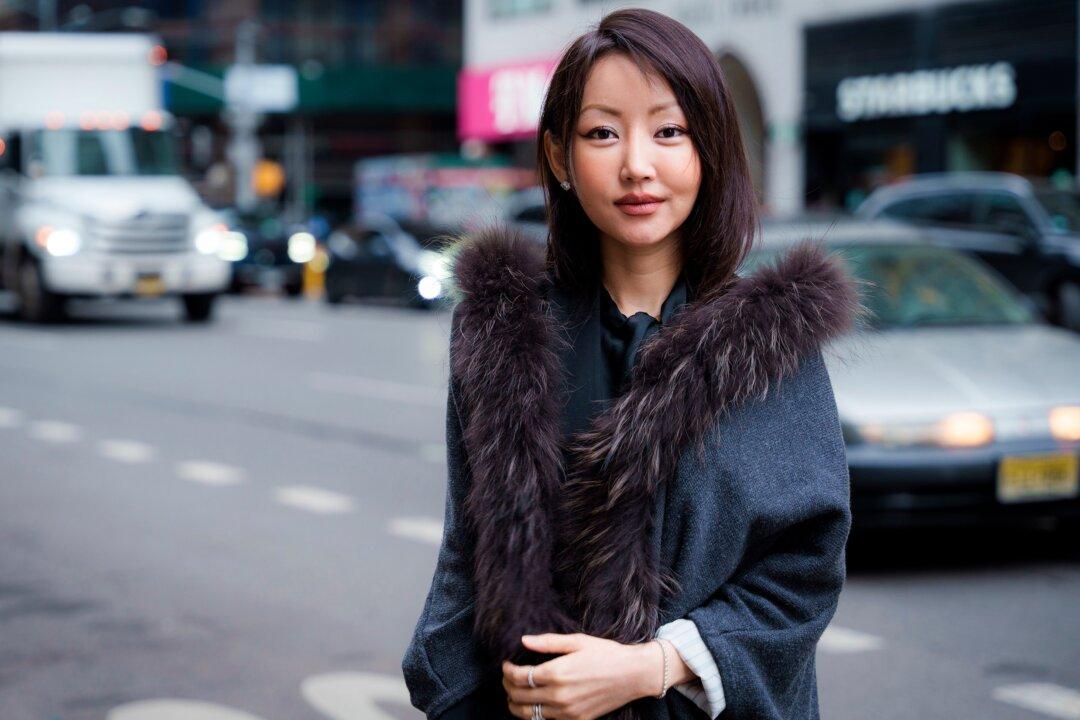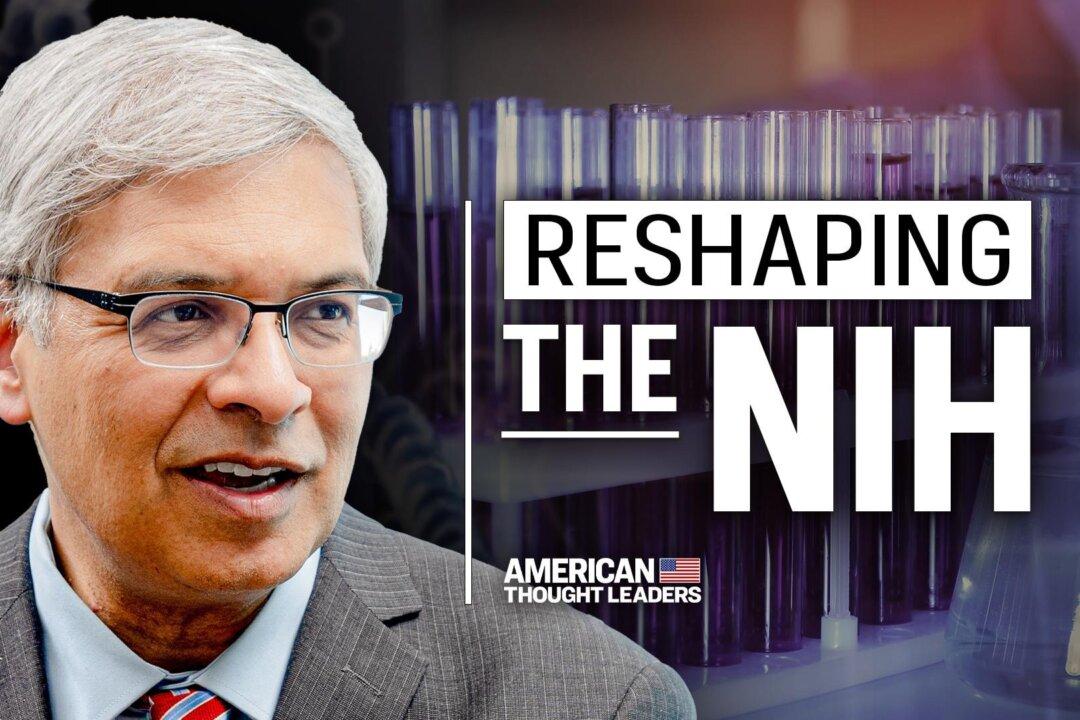“The tactics used here to control people are the same tactics the North Korean regime used to control and enslave us,” North Korean defector Yeonmi Park says.
In a recent episode of “American Thought Leaders,” host Jan Jekielek spoke with Park, author of the new book “While Time Remains: A North Korean Girl’s Search for Freedom in America.” They discussed the victimhood pseudo-religion that she sees taking over America, the manipulation of language, and the fight to preserve the ideals of this country.






